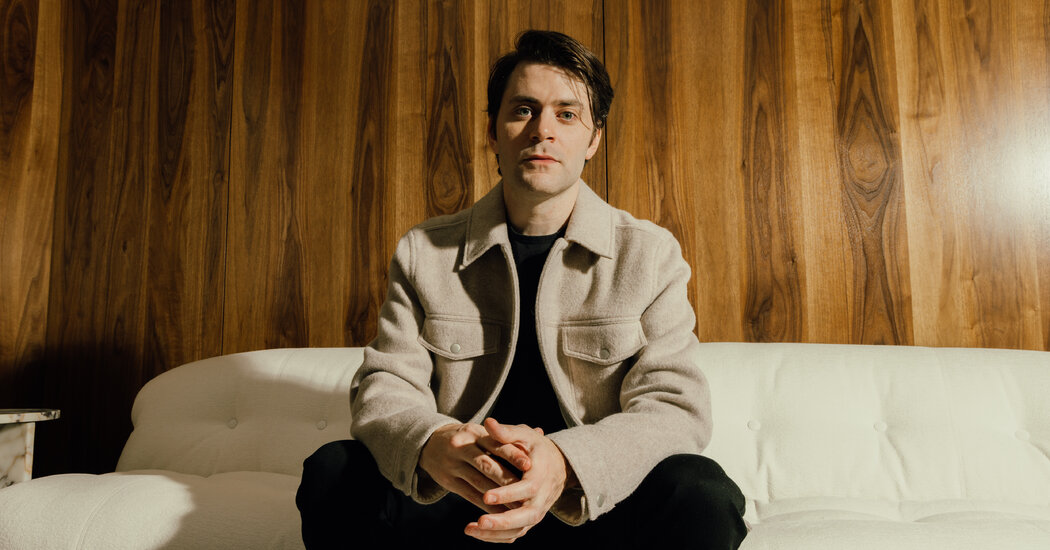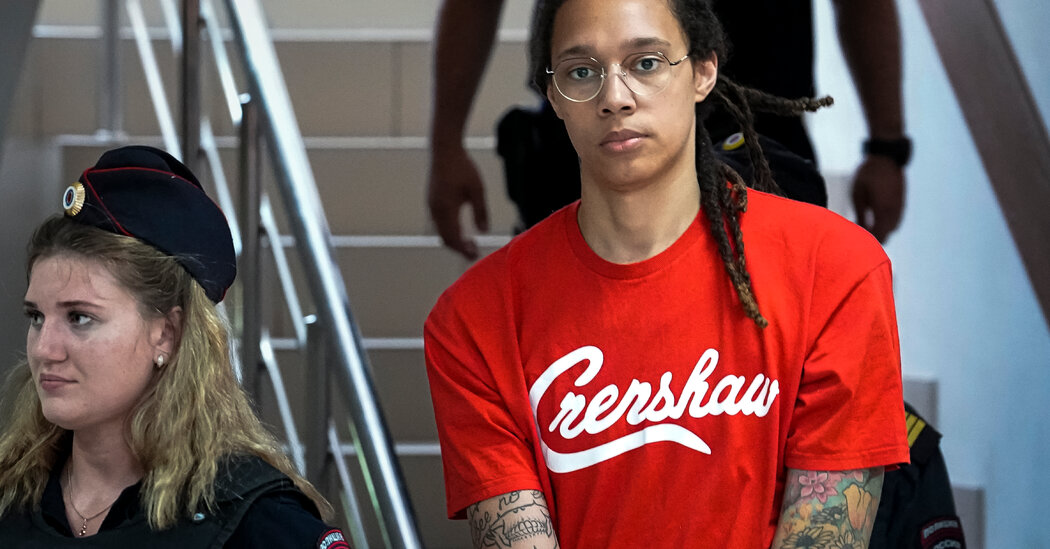
What were you doing before “Hunters”?
When I moved out to L.A. in 2011, I was tutoring kids in Beverly Hills and the Palisades and Santa Monica from about 4 p.m. to 9 p.m., then I would drive home to my little apartment in West Hollywood and write from 10 p.m. until 4 in the morning. I did that every single day for years. I didn’t know anybody here, so I just wrote and wrote and wrote.
You came out here to write?
Yes. I auditioned as well, but I’m a terrible actor, and auditioning was brutal. I give actors so much credit.
How did you get your first two scripts on the Black List?
I had some friends who had come out from college and were working as assistants. And they would pass it to another assistant that they knew, and they would pass it to another assistant they knew. That’s how scripts make the Black List. It’s word of mouth.
So you weren’t chasing producers into bathrooms.
What’s wild is, when I was still tutoring, one of the families I tutored for was very friendly with Aaron Sorkin’s ex-wife, and with Sorkin and his daughter. So I met him a couple of times, but I didn’t have the chutzpah to give him my script and say, “Would you ever read this?” I mean, he’s one of my favorite writers of all time, and I was the lowly tutor.
How did “Hunters” come about?
“Hunters” was really a story that started when I was 5 or 6 years old, and my grandmother, Sara Weil, who’s a Holocaust survivor, would tell me and my brothers the stories of her experiences during the war. Even though Hitler had been defeated, even though the Nazis were, you know, beat, antisemitism is still around, and prejudice and bigotry and fascism. I think she realized that her story could be a weapon in the face of rising Holocaust denial.




